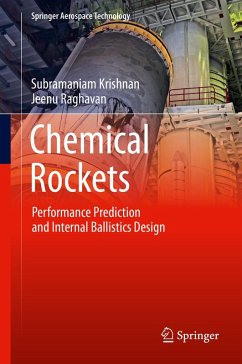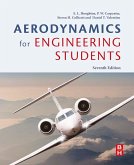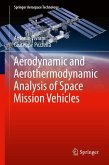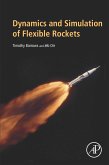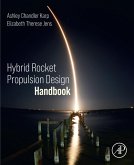While incremental analysis is for high performance solid motors, equilibrium-pressure analysis is for low performance ones. Both are detailed in the book's second part for the prediction of ignition and tail-off transients, and equilibrium operation.
Computer codes, adopting the incremental analysis along with erosive burning effect, are included. The material is encouraged to be used and presented at lectures. Senior undergraduate and graduate students in universities, as well as practicing engineers and scientists in rocket industries, form the readership.
Dieser Download kann aus rechtlichen Gründen nur mit Rechnungsadresse in A, B, BG, CY, CZ, D, DK, EW, E, FIN, F, GR, HR, H, IRL, I, LT, L, LR, M, NL, PL, P, R, S, SLO, SK ausgeliefert werden.

